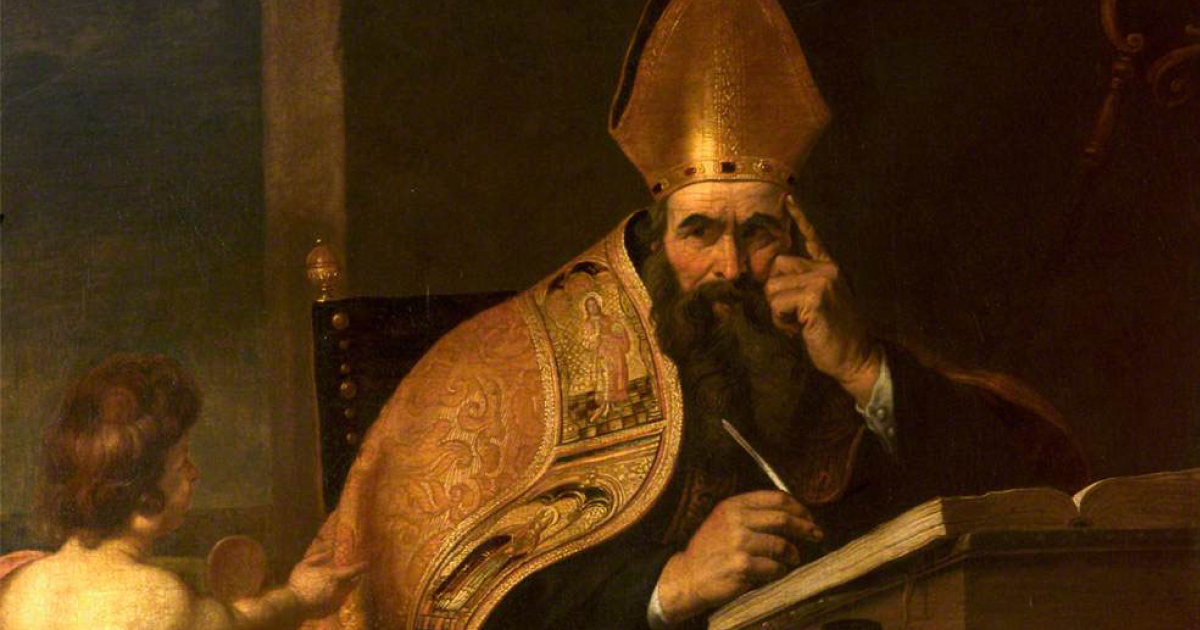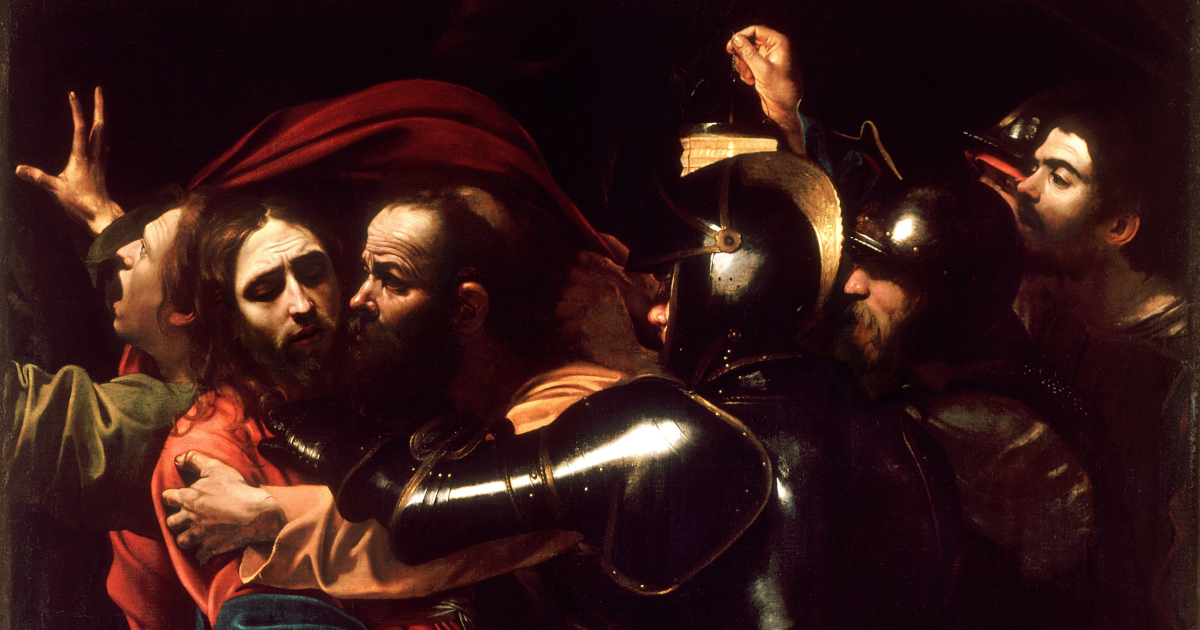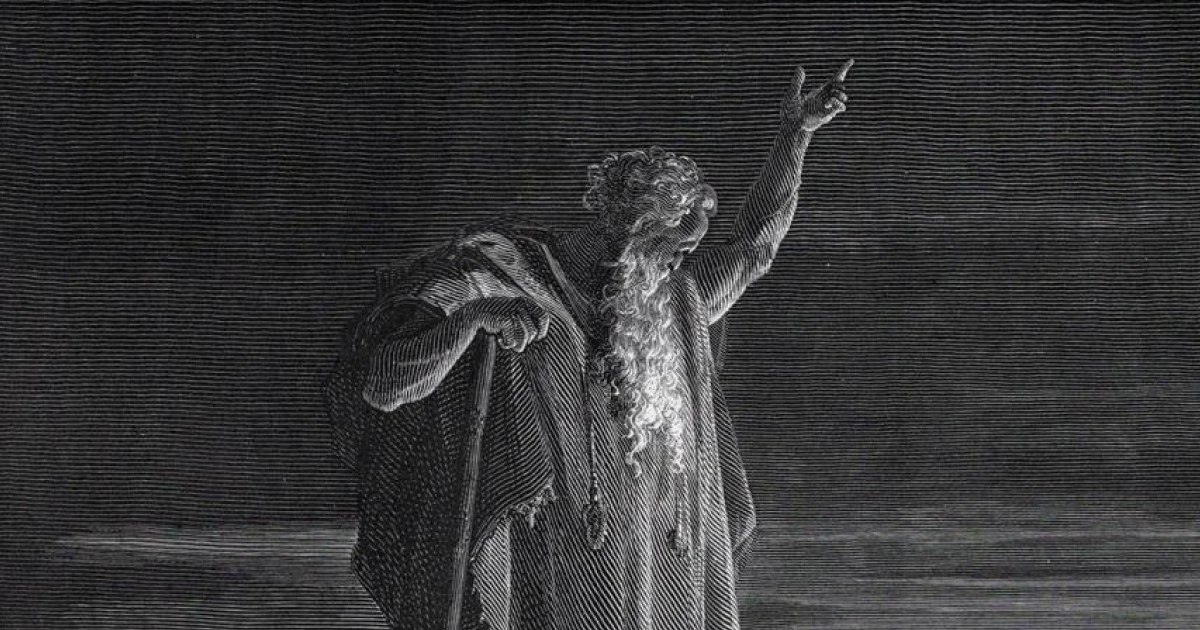Cardinal Gerhard Müller has warned that both liberal and ultra-traditionalist Catholics risk distorting the true meaning of the Second Vatican Council.
Speaking to Bishop Robert Barron in an hour-long interview for the bishop’s YouTube channel, the former Prefect of the Congregation for the Doctrine of the Faith said that both progressivists and radical traditionalists misread the Council through political lenses, insisting that the Church must remain faithful to the revealed truth of Christ rather than succumb to ideological categories.
Bishop Robert Barron introduced the discussion on Vatican II by highlighting the polarisation that continues to divide the Church. He said: “You’ve got the progressives who, well, kind of go beyond the text of Vatican II – ‘Let’s, you know, reinvent the Church.’ And then you have the radical traditionalists in our country that are also uneasy with Vatican II.”
Bishop Barron further lamented that the late Cardinal George of Chicago was “a great man of the council, the texts of the Council". He noted that Cardinal George “didn’t like Catholic progressivism [and also] didn’t like 'rad-tradism', we call it – radical traditionalism”, with the cardinal believing that many Catholics “haven’t read the text of Vatican II adequately” or received its teaching in full.
Cardinal Muller responded, saying, “There’s a splitting of the mentality of Occidental society – but this is the ideological splitting; the question in the Church is the truth revealed in Jesus Christ.” Vatican II, he stressed, “is in absolute continuity” with the whole tradition of the Church.
Cardinal Müller’s remarks formed part of a sweeping conversation covering philosophy, theology and the challenges of modernity. He sharply criticised the polarisation within Catholic life, warning that reducing the faith to ideology risks losing its incarnational heart. “We cannot accept the half-incarnation,” he said. “It’s truth or not truth.”
The German theologian, who led the Vatican’s doctrinal office under both Pope Benedict XVI and Pope Francis, also rejected modern currents he described as “new Gnosticism”, particularly in gender ideology and radical individualism.
“God became flesh, took over our flesh, our reality,” he said. “The body belongs to you; it is not only an instrument.”
He described “genderism” as part of a broader modern subjectivism that severs mind and body, echoing Descartes’ controversial dualism.
On Europe’s cultural decline, Müller warned of a continent “going into chaotic anthropology” as it turns away from its Christian roots.
“Christianity is the soul of our culture,” he said, urging bishops to act courageously. “We have to give our life for the people independently of what the wolf is saying or doing.”
He also cautioned against both feminism and secular ideologies, calling instead for renewed confidence in Christian anthropology, which he described as “the best for women, for men, for children and for everybody".
The cardinal offered a vigorous defence of reason and of the legacy of Pope Benedict XVI, whose Regensburg Lecture he witnessed as Bishop of Regensburg.
“The age of reason began with Christianity, not with the Enlightenment,” the cardinal said. “Popes are the great defenders of reason.”
Photo: Clerics arrive for a Mass celebrated by Archbishop Gerhard Ludwig Müller in Regensburg a day after German Cardinal Joseph Ratzinger was proclaimed the 265th Pope of the Roman Catholic Church, 20 April 2005 (Photo credit FREDERICK FLORIN/AFP via Getty Images)





.jpg)





.jpg)
.jpg)




